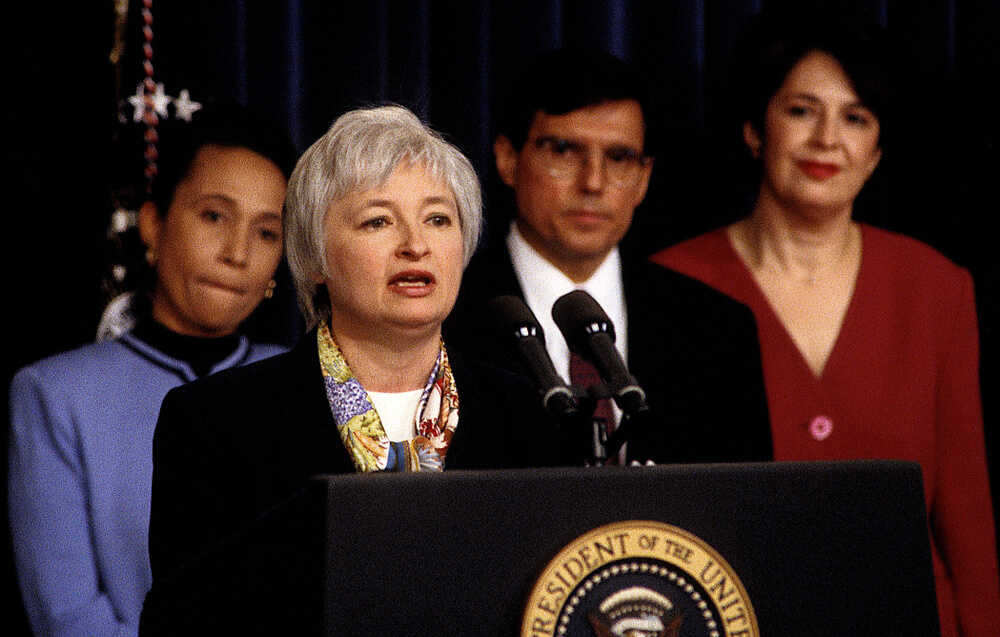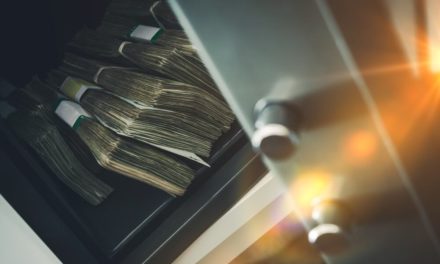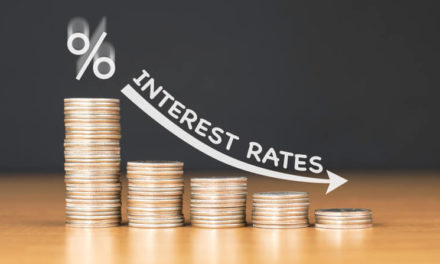Former Federal Reserve Chair Janet Yellen once again argued for the Fed’s independence and warned against deregulating government oversight of banks, reflecting on the aftermath of the 2008 financial crisis.
Yellen, who led the Fed from 2014 to 2018 before being replaced by current chair Jerome Powell, was attending Brandeis International Business School’s 25th anniversary last weekend where she was the keynote speaker, according to The Justice.
Yellen argued that the Fed’s apolitical approach to monetary policy is critical for “maintaining low, stable inflation and good economic performance.” She cited a Wall Street Journal op-ed piece composed by her — along with other former chairs Alan Greenspan, Ben Bernanke and Paul Volcker — that echoed those same sentiments.
“We feel strongly that monetary policy works best for the benefit of society at large, for (the) economic well-being of Americans when it’s made in this way,” Yellen wrote in the op-ed.
President Donald Trump has not been shy about attacking the Fed and demanding lower interest rates, but Yellen warns that politicizing the central bank would be a “grave mistake.”
“We would have policy decisions that are motivated by the President’s electoral interests and may (boost) the economy in the run-up to the election, and then have high inflation later. They would eventually force a downturn and the economy would become more cyclical and would have lower performance,” Yellen said Saturday.
Speaking of downturns, Yellen drew comparisons between the current economic situation in the U.S. and what happened during the financial crisis of 2008. She thinks the government has a much better system in place for regulating banks after the passage of the Dodd-Frank Act in 2010 because banks are now required to keep more liquid assets on hand to fight off a downturn. But she still thinks the U.S. economy faces some of the same issues it did back then.
Yellen argues the lack of regulation of shadow banks — financial institutions working outside the scope of regulations — along with “an absence of tools to address rapid credit growth … (and) the loss of (the) ability of the Fed to make emergency loans to non-banks like they did to AIG and Bear Stearns” are the biggest holes in the government’s system currently.
But she doesn’t see another financial crisis in America’s near future.
“I think that if the economy turns down, there will be a lot of bankruptcies that will make the downturn worse,” Yellen said. “I don’t think that will cause a financial crisis, so I’m not worried about a financial crisis now.”




